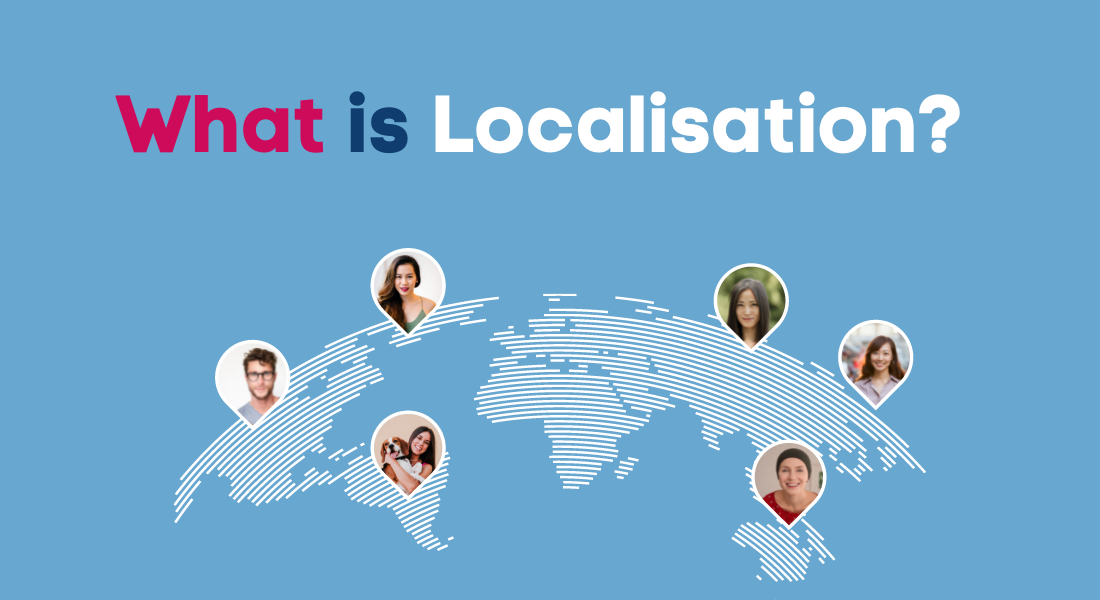We have all heard of Nike’s famous marketing slogan ‘Just Do It’, but can this famous phrase be successfully interpreted worldwide? In short, no it can’t, its meaning fails to be interpreted across a range of cultures and languages across the globe.

Just Do It’
You might be thinking, well if a billion-dollar multinational company like Nike can’t do it, how can my organisation. The answer lies in Localisation.
The slogan ‘Just Do It’ is concise, clear, and in the English language, effectively evokes notions of bravery, determination, and decisiveness. These traits reflect desired characteristics for Nike’s sport-orientated audience, who wish to increase their ability to use these important sporting attributes. Therefore, the message resonates and engages Nike’s audience.
However, like many slogans, the success of the campaign relies upon its interpreted meaning, one that fails to effectively translate into foreign languages.
In many languages this abstract slogan is untranslatable, often relying completely upon the target county’s population’s ability to speak English. This results in the complete failure to attract a non-English speaking audience and therefore creates far less potential for global customer interest and understanding. This is the case for many marketing catchphrases and multilingual content.
The population of non-English speaking countries that attempt to translate these slogans in their native language often require complete cultural adaption and linguistic modification to be understood.
This is because of direct translations of ‘Just Do It’ lead to ungrammatical and meaningless phrasing. For example, in many languages such as Russian, words are more concrete and therefore fail to convey the meaning of contextually bound abstract slogans without creating a non-grammatical and foreign sounding interpretation. However it gets worse, in some instances, direct translations can lead to completely novel meanings, for example, ‘Just Do It’ directly translated into Hindi is, ‘This is the only thing to do’ which is not quite as motivating.
Considering International Interpretation
The consideration of new audiences and their interpretation and understanding of marketing material is integral for international branding and overseas growth. Relying upon an international audiences’ English ability not only fails to attract a non-English speaking audience but disregards the importance of a country’s language and culture. If approximately 1.35 billion people can speak English, then it is estimated that 80% of the world’s population cannot, representing a vast global audience international brands like Nike are failing to adequately communicate with.
So, what is Localisation and how can it help?
If your organisation needs to communicate and engage with an international audience, it needs to do more than a simple switch in language.
Localisation is the process of adapting content, products, or services to a specific culture or region. This involves transcending both language and cultural barriers to create material that resonates with multicultural audiences without losing your organisation's voice.
At PAB Languages we analyse your market and take the time to tailor your approach to your specific audience, both linguistically and culturally. Our team of native-speaking language and cultural experts understand how specific cultures or languages interpret information and can tailor your content to remain engaging and accurate worldwide.
For more information visit: https://www.pabtranslation.co.uk/multicultural-marketing-services/



